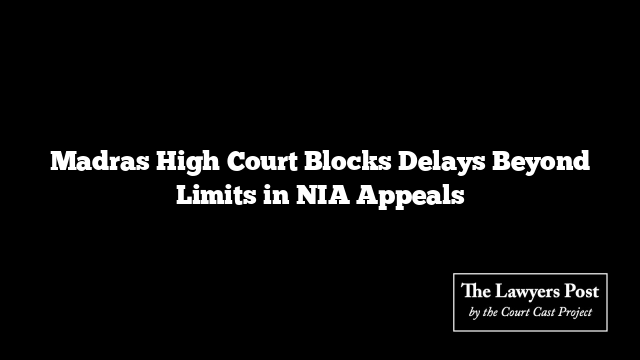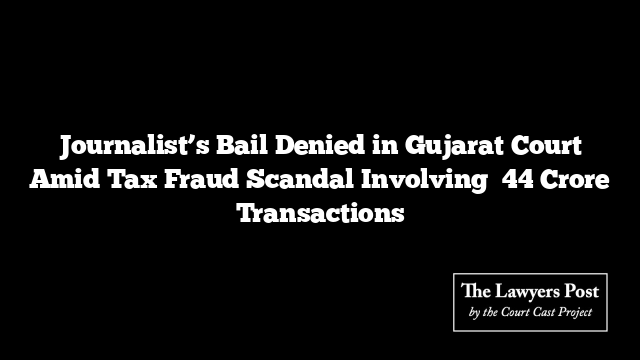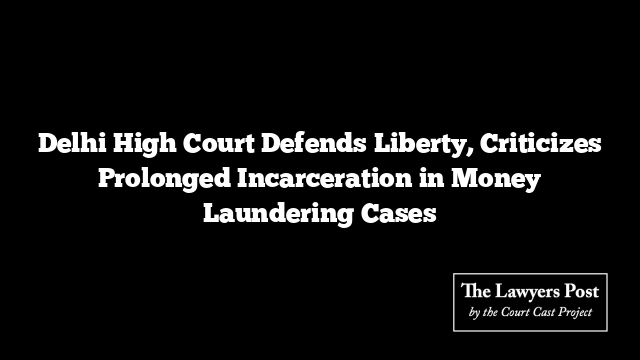In a recent decision, the Madras High Court firmly ruled that delays in filing appeals under the National Investigation Agency Act (NIA Act) cannot be condoned beyond the specified timeframe set out in Section 21(5) of the Act. This decision emerged as the Court dismissed an appeal from the National Investigation Agency (NIA), which sought leniency in timing for a case related to bail granted to two accused individuals.
The ruling, led by Justices SM Subramaniam and V Sivagnanam, asserts a strict interpretation of Section 21(5) and marks a departure from a prior ruling in the case of Buhari @ Kichan Buhari vs. State. In the Buhari decision, the Court had allowed leeway for appeals filed by accused persons beyond the deadline, while denying this flexibility for the prosecution.
The NIA argued that such a distinction creates an unequal and prejudicial standard. Yet, the Court clarified that maintaining consistency in the law’s application was paramount, as the NIA Act doesn’t suggest dual interpretations for accused and prosecuting parties.
The Court underscored the unambiguous wording of Section 21(5) and pointed to a precedent from the Supreme Court, which held that laws should not be reinterpreted when the legislative language is explicit. Concluding that the Buhari ruling’s interpretation stretched beyond the Act’s intended scope, the Bench dismissed the NIA’s appeal due to the time lapse.
With this verdict, the Madras High Court reaffirmed that delays in NIA cases will only be acceptable within statutory limits, ensuring that both sides in these cases operate under a uniform standard for appeals.





